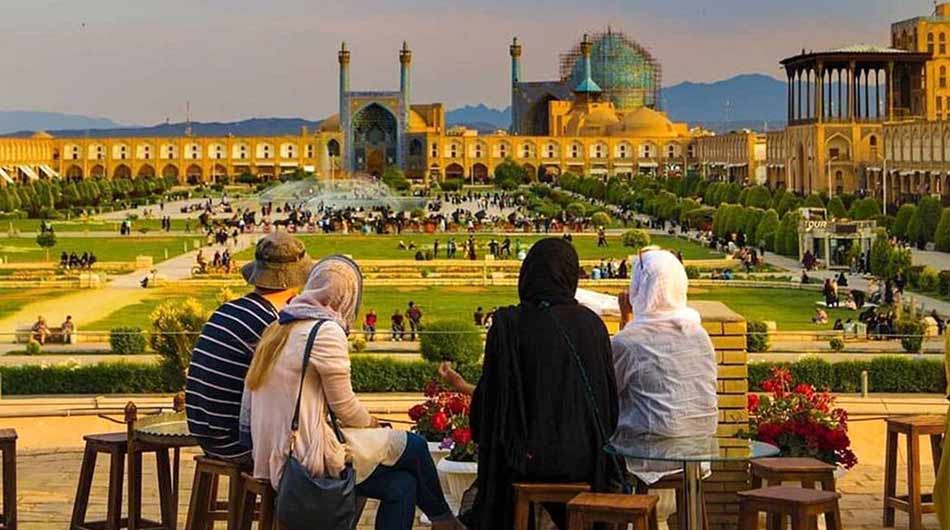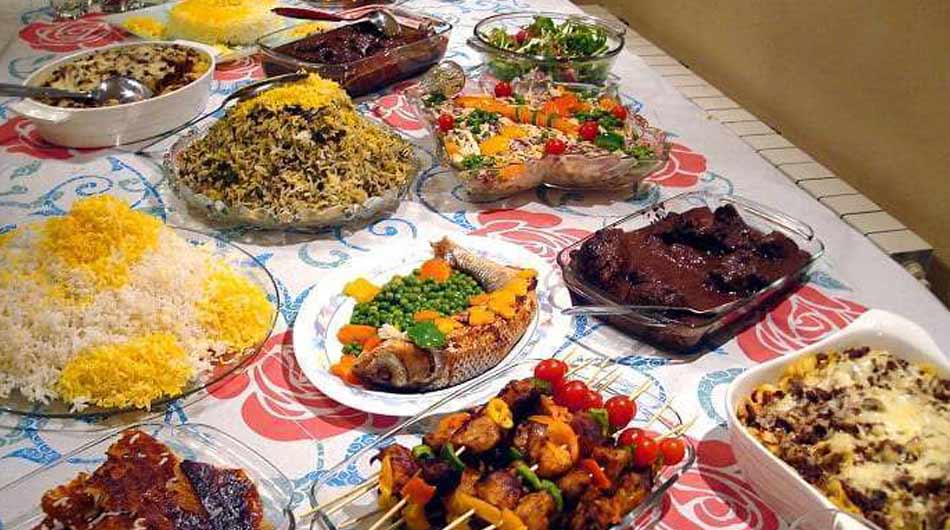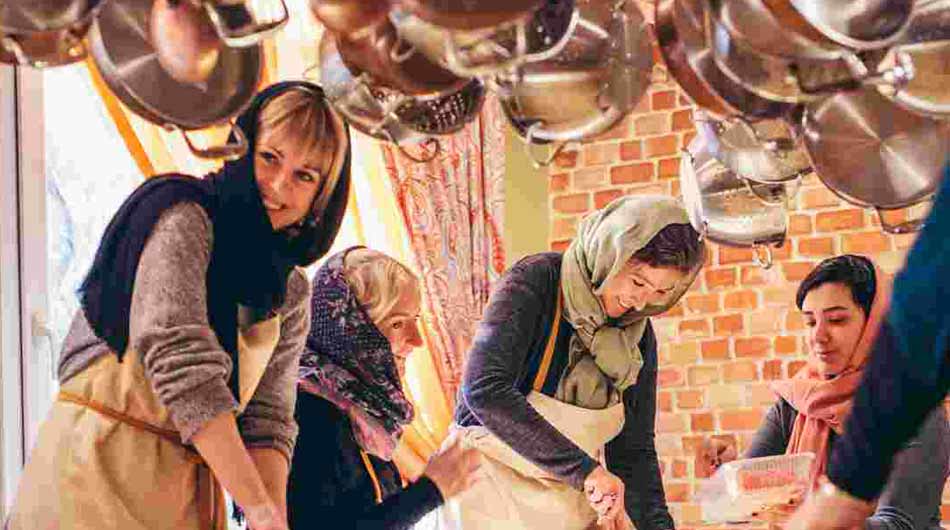Iranian Hospitality: Customs and Traditions of Welcoming Guests

The Concept of “Mehman”
In Iran, the word for guest is “mehman,” which carries with it a sense of reverence. A mehman is considered a blessing, and their presence is highly valued. This respect for guests is ingrained in the Iranian psyche, rooted in religious and cultural teachings that emphasize the importance of treating guests with the utmost care and generosity.
In Iranian culture, it is believed that a guest brings with them blessings, and thus, hosting someone is not just a social duty but a moral and spiritual obligation. This is why Iranians go to great lengths to ensure their guests feel comfortable and welcomed, often putting their own needs aside.
The Art of Welcoming
The act of welcoming a guest in Iran begins long before the guest arrives. It is common for the host to clean the house meticulously, prepare special meals, and sometimes even decorate the home to create a warm and inviting atmosphere. The concept of “tashrifat,” which refers to the ceremonial aspects of hosting, is taken very seriously. Every detail, from the choice of dishes to the arrangement of seating, is carefully considered.
When a guest arrives, they are often greeted at the door by the host, who will warmly welcome them with phrases like “Khosh amadid,” meaning “Welcome,” or “Safar be kheyr,” which translates to “Safe travels.” The host may also offer a small gift or token of appreciation as a gesture of goodwill.

Food plays a central role in Iranian hospitality. The preparation and presentation of food are seen as an expression of love and respect for the guest. Iranian cuisine is rich and diverse, with each region offering its own unique dishes. However, some staples of Iranian hospitality include rice (often served with saffron), various stews (khoresht), and a variety of kebabs.
A traditional Iranian meal for guests usually begins with a selection of appetizers, such as “sabzi khordan” (fresh herbs), “mast-o-khiar” (yogurt with cucumber), and “olvieh” (a type of salad). The main course is typically served on a large platter, allowing guests to help themselves to as much as they like. It is considered polite for the host to offer the guest more food, even if they have already eaten their fill, as a sign of generosity.
After the main meal, tea is usually served, often accompanied by sweets like “shirini” (pastries) or “noghl” (sugar-coated almonds). This part of the meal is more than just a way to end the dinner; it is a time for conversation and connection. Tea culture in Iran is deeply intertwined with hospitality, and the act of pouring and serving tea is done with great care and respect.

One of the most intriguing aspects of Iranian hospitality is the practice of “taarof,” a complex system of politeness and social etiquette. Taarof is a form of verbal and non-verbal communication that involves offering and refusing gestures, such as food, gifts, or services, multiple times before accepting or declining. It is a way for Iranians to show humility and respect, often leading to a back-and-forth exchange between host and guest.
For example, when a guest is offered food, they might initially refuse out of politeness, even if they are hungry. The host, understanding this, will insist several times before the guest finally accepts. This ritual is a key element of Iranian social interactions and reflects the deep-seated cultural values of respect, modesty, and hospitality.
The Farewell: An Extension of Hospitality
Even as the visit comes to an end, the hospitality continues. The farewell, much like the greeting, is an important ritual in Iranian culture. The host will typically walk the guest to the door, and in some cases, even accompany them a short distance to see them off. Phrases like “Be salamati berid” (Go safely) are commonly used to wish the guest well on their journey.
It is also customary for the host to invite the guest to visit again soon, reinforcing the bond of friendship and hospitality. In some cases, small parting gifts, such as fruits or sweets, are given as a token of appreciation for the guest’s visit.
Tags:Adventure holidays, Best time to travel to iran, best tour operator iran, Cultural sites of Iran, Culture of Iranian People, Economy of Travel, Holiday in Iran, Iran, Iran Architectural, iran attractions, Iran country, Iran cultural, iran destinations, Iran enriching experience, Iran sightseeing tours, iran Solo trip, iran tour, Iran tour packages, iran tourist attractions, Iran travel agency, iran travel expenses, Iran Travel Guide, Iran Travel Tips, Iranian culture, Iranian Hospitality, Iranian mosques, must-visit Iran, persia tour, Surfing In Iran, top tourist destinations, travel to iran, Traveling to Iran, travelling to iran, trip to iran, vacation packages, visit iran, درناگشت
